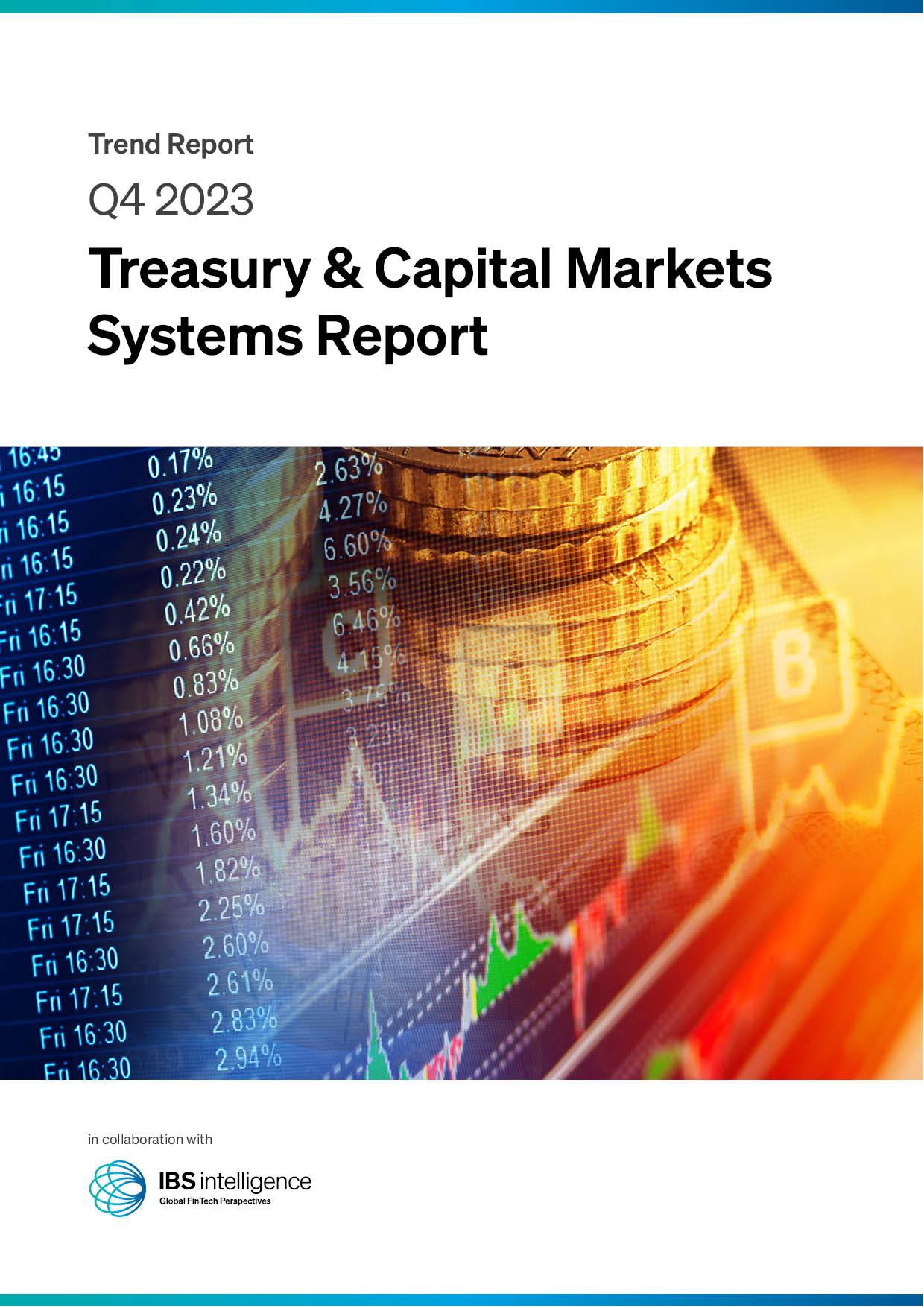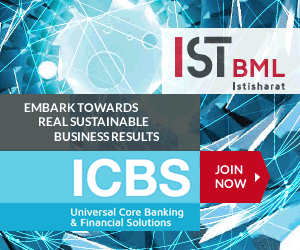Ripple releases a framework for cryptocurrency and digital asset regulation
By Edlyn Cardoza
November 17, 2021
- Commodity Futures Trading Commission
- Digital Asset
- Digital Commodity Exchange Act
 Recently, Ripple released a framework for cryptocurrency and digital asset regulation: A Real Approach to Cryptocurrency Regulation. This approach is designed to offer an immediate and pragmatic way forward that accounts for the dynamic capabilities of cryptocurrency and digital assets. Ripple believes that the best public policy outcomes can be achieved by public-private collaboration, adapting existing regulatory frameworks, and fostering cryptocurrency innovation sandboxes.
Recently, Ripple released a framework for cryptocurrency and digital asset regulation: A Real Approach to Cryptocurrency Regulation. This approach is designed to offer an immediate and pragmatic way forward that accounts for the dynamic capabilities of cryptocurrency and digital assets. Ripple believes that the best public policy outcomes can be achieved by public-private collaboration, adapting existing regulatory frameworks, and fostering cryptocurrency innovation sandboxes.
“Cryptocurrency and blockchain technology need clear regulatory and licensing frameworks designed to address and remedy the specific challenges to our industry. All of the proposed measures discussed in this framework aim to provide legal clarity to industry, markets, and consumers in a way that a regulation-by-enforcement approach simply cannot,” said Ripple CEO Brad Garlinghouse.
Policymakers are increasingly looking to learn more and understand the complexity and diversity of cryptocurrency and digital assets. Ripple welcomes opportunities to share expertise and serve as a resource to better inform nascent public policies geared towards cryptocurrencies.
“Developing an effective policy framework for cryptocurrencies will only be possible if there is clear communication and collaboration between private and public actors. That is the reason why we have proactively discussed the issue on a bipartisan basis with regulators and members of Congress,” said Susan Friedman, Head of Public Policy at Ripple. “These conversations have helped shape our perspective on the type of regulatory clarity the industry and broader ecosystem need from regulators, as well as the type of requirements regulators should demand from the industry.”
This proposal reflects Ripple’s hopes for a regulatory framework that taps into the unleashed potential of cryptocurrency and blockchain technologies.
Public-private collaboration should be at the core of any legislative proposals
Any legislation or policy framework intended to regulate cryptocurrencies should promote an active dialogue between regulators and market participants. The public-private collaboration will lead to more tailored and effective policy outcomes for the industry and consumers alike.
Fostering this type of open dialogue is precisely the aim of the Eliminate Barriers to Innovation Act. The bill — which requires the establishment of a collaborative working group consisting of appointees from the Securities and Exchange Commission (SEC) and the Commodity Futures Trading Commission (CFTC) as well as representatives from FinTech companies, financial firms, and small businesses — passed the House and remained pending in the Senate.
Existing financial regulatory proposals can be adapted to regulate cryptocurrencies
U.S. financial markets are considered first in class, partly due to the existing regulatory framework under which they operate. As adapted to account for some of the unique attributes inherent to cryptocurrencies, we believe that framework can provide the clarity innovators seek – and the market protections consumers deserve. Two legislative proposals aim to accomplish precisely that.
The Securities Clarity Act (SCA) proposes a new term — “investment contract asset” — and clarifies that such assets should be considered separate and distinct from any securities offerings they may have been a part of. The Digital Commodity Exchange Act (DCEA), which is complementary to the SCA, seeks to create a federal definition of “digital commodity exchanges” and charges the CFTC with authority to register and oversee them, similar to the requirements in commodity derivatives markets. The SCA and DCEA seek to work within existing and well-understood financial regulatory frameworks but adapt them for cryptocurrency and blockchain innovation.
Cryptocurrency innovation sandboxes should be fostered and encouraged
In order to incentivize innovation and inform the development of a consistent regulatory framework for cryptocurrencies, we believe innovation sandboxes should be fostered and considered. U.S. financial regulators should encourage the creation of a “safe harbour” regime under which network developers are allowed to launch their products and develop their networks for a limited period of time without needing to comply with federal securities laws, provided certain conditions are met. Innovation sandboxes are a prime example of how public-private collaboration could form the basis of rational regulation.
Ripple believes that each of the above proposals will provide regulatory clarity – fostering innovation and industry growth within the United States. This can also be done by maintaining the strong consumer and investor protections America is known for.
Recently, IBS Intelligence reported that Ripple, a leading provider of enterprise blockchain and crypto solutions, previewed Ripple Liquidity Hub, a new solution for enterprise customers, which will be launched in 2022.
IBSi Daily News Analysis

January 16, 2024
Commodity Futures Trading Commission
Egypt among top remittance recipient countries in 2023: World Bank
Read MoreIBSi FinTech Journal

- Most trusted FinTech journal since 1991
- Digital monthly issue
- 60+ pages of research, analysis, interviews, opinions, and rankings
- Global coverage
Other Related News
Related Reports
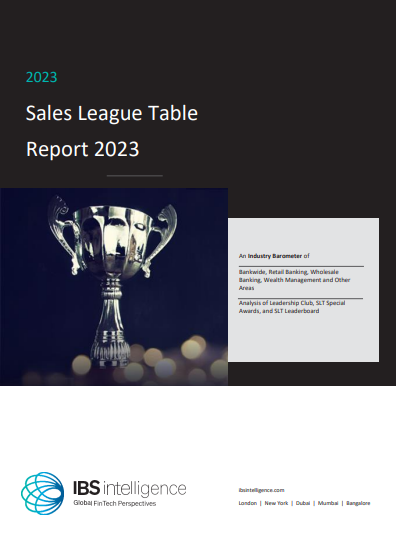
Sales League Table Report 2023
Know More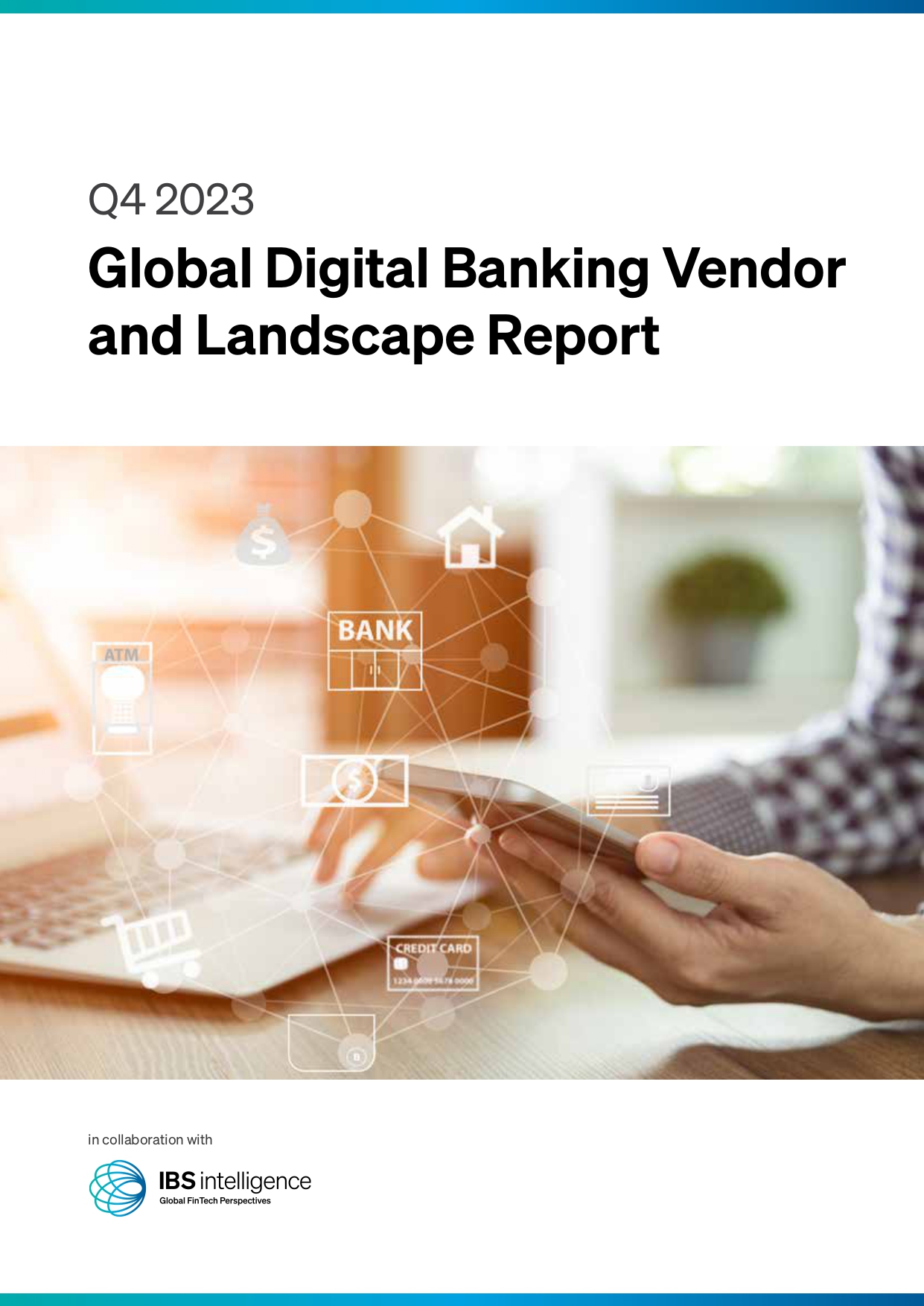
Global Digital Banking Vendor & Landscape Report Q4 2023
Know More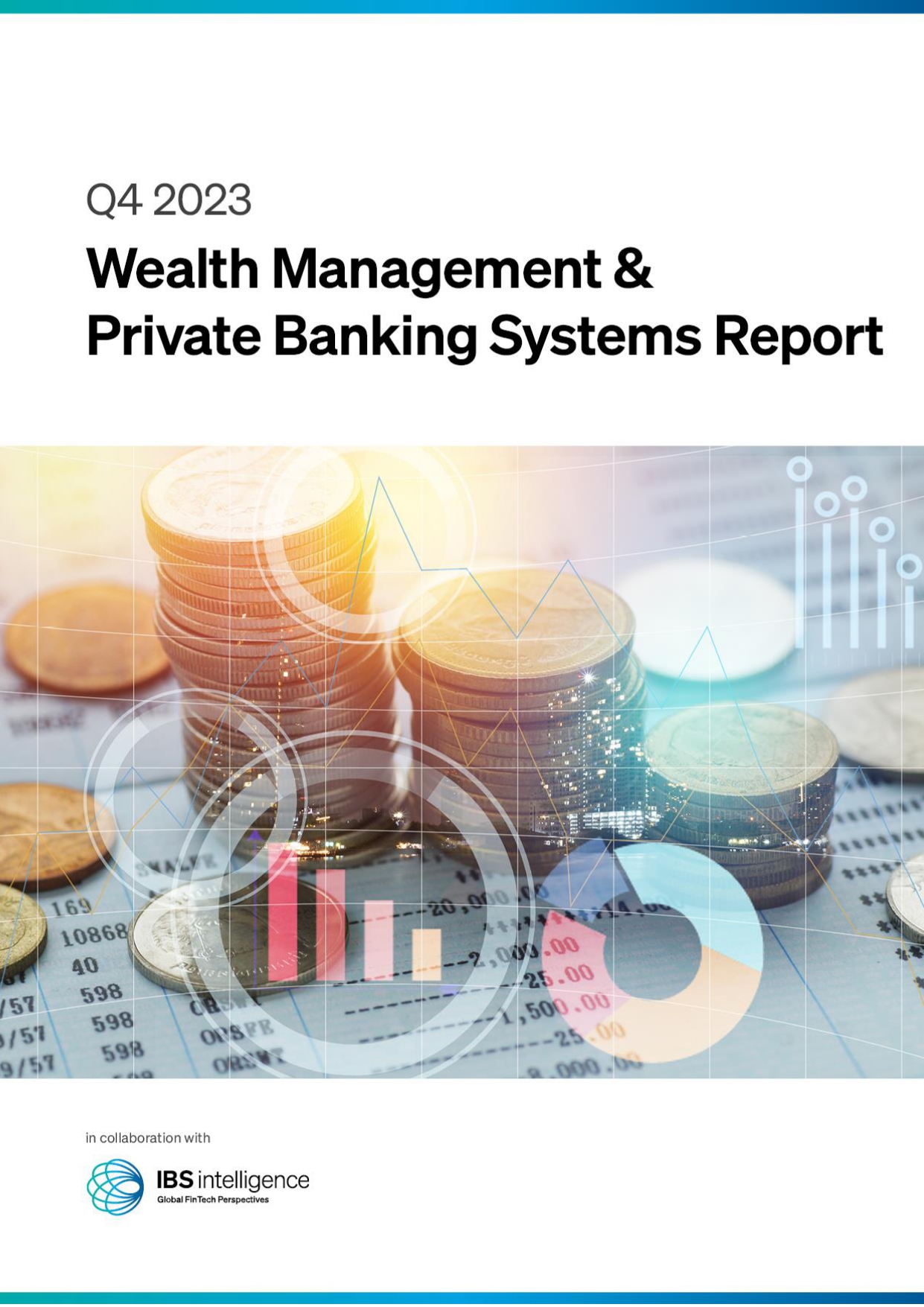
Wealth Management & Private Banking Systems Report Q4 2023
Know More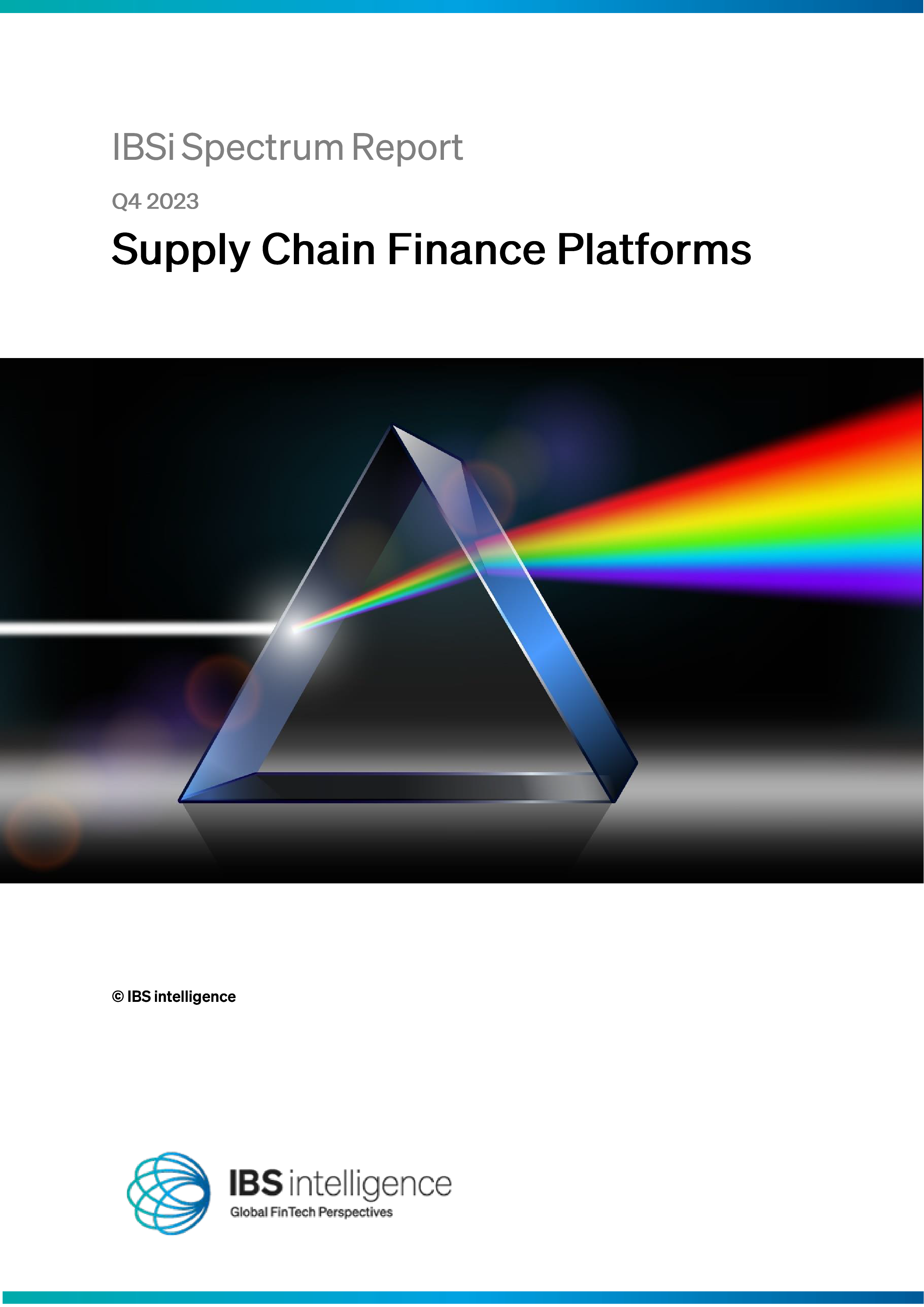
IBSi Spectrum Report: Supply Chain Finance Platforms Q4 2023
Know More